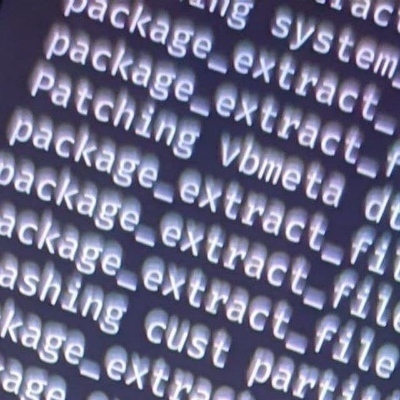Here’s what he said in a post on his telegram channel:
🤫 A story shared by Jack Dorsey, the founder of Twitter, uncovered that the current leaders of Signal, an allegedly “secure” messaging app, are activists used by the US state department for regime change abroad 🥷
🥸 The US government spent $3M to build Signal’s encryption, and today the exact same encryption is implemented in WhatsApp, Facebook Messenger, Google Messages and even Skype. It looks almost as if big tech in the US is not allowed to build its own encryption protocols that would be independent of government interference 🐕🦺
🕵️♂️ An alarming number of important people I’ve spoken to remarked that their “private” Signal messages had been exploited against them in US courts or media. But whenever somebody raises doubt about their encryption, Signal’s typical response is “we are open source so anyone can verify that everything is all right”. That, however, is a trick 🤡
🕵️♂️ Unlike Telegram, Signal doesn’t allow researchers to make sure that their GitHub code is the same code that is used in the Signal app run on users’ iPhones. Signal refused to add reproducible builds for iOS, closing a GitHub request from the community. And WhatsApp doesn’t even publish the code of its apps, so all their talk about “privacy” is an even more obvious circus trick 💤
🛡 Telegram is the only massively popular messaging service that allows everyone to make sure that all of its apps indeed use the same open source code that is published on Github. For the past ten years, Telegram Secret Chats have remained the only popular method of communication that is verifiably private 💪
Original post: https://t.me/durov/274


Secret chats only. With their own, in-house encryption, that, if I remember correctly, the apps don’t use according to the specifications.
Maybe I’m mixing up mtproto 1 and 2 with that second part, though.
I don’t mind in-house encryption (the Signal protocol didn’t just appear out of nowhere either), however the latter part is worrying.
In any case, I personally don’t trust Signal or Telegram.
What do you trust? It seems like something like Molly is the best for compatibility and security.
Molly still depends on Signal’s centralized servers.
Best solution I know of currently is SimpleX, though Veilid (and VeilidChat by extension) also seem promising, though it might take a while for those to be usable.
From a cryptographic and usability perspective Signal still has a few benefits. However Simplex is promising.
The best is to not trust the centralized server of either of these platforms. Set up your own XMPP server & gives these the boot.
No thanks. XMPP is old and dead
XMPP is battle-tested* and thriving*
I don’t think you know how many commercial use cases are relying on XMPP, nor how much the community has been working on updates. Older technologies tend to have maturity is spec but also in implementations where the servers are robust & already at the point of optimization over chasing features. We see this with how little specs it takes to run a server & have Conversation forks on Android have some of the best battery life & data plan usage in the chat space. The network is massively decentralized too… unlike Matrix where almost everyone is on Matrix.org or a server provided/hosted by Matrix.org giving them all the metadata.